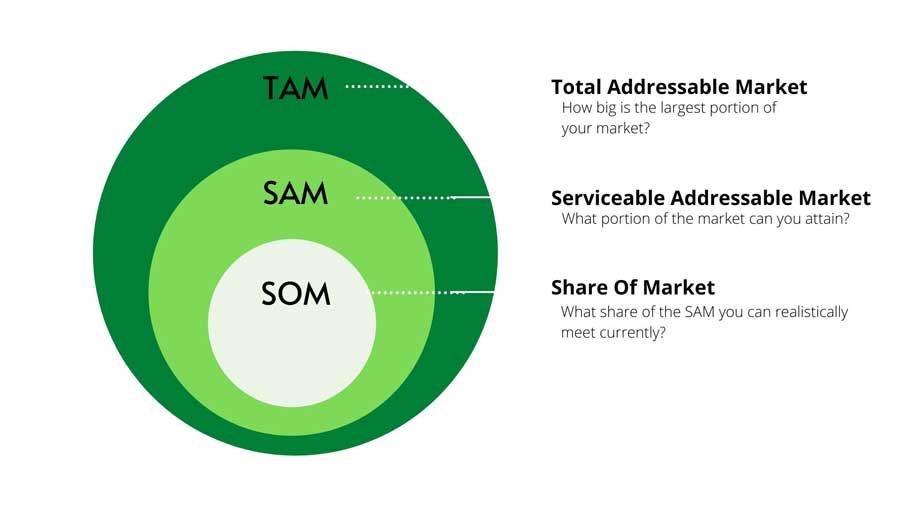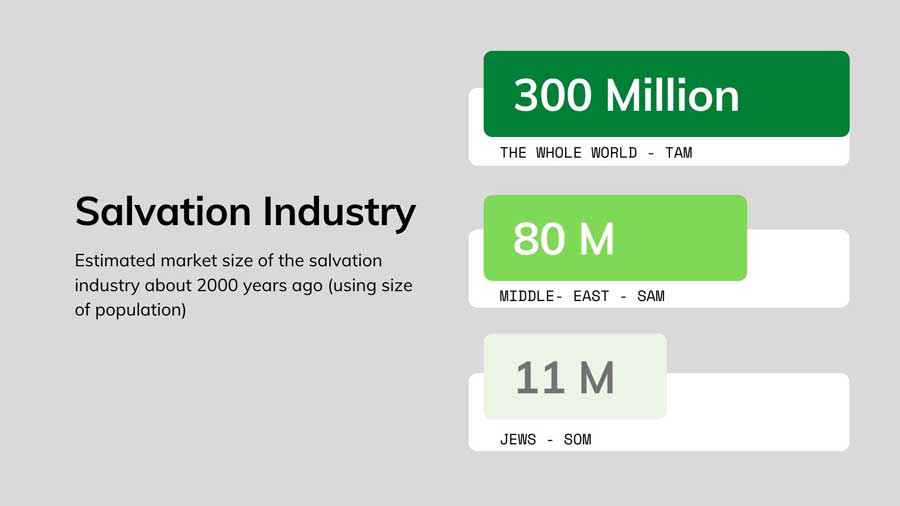Find your niche

#Bible: Jesus found His Niche. As a result, He was known as the ‘King of Jews’ during His earthly Ministry, as revealed by Nathanael in the scriptures;
“Then Nathanael declared, “Rabbi, you are the Son of God; you are the king of Israel (Jews).”
john 1:49
Jesus as a human with a short time on earth, He chose to focus on the Jews as clearly stated in Matthew 15:24;
He answered, “I was sent only to the lost sheep of the house of Israel.”
According to the scriptures, Jesus was assigned to focus on the house of Isreal (Jews). Although, He interacted with non-Jews and also granted the request of Gentile woman in the full story of the scripture above.
However, Jesus’ priority was clear at that time, so He could remain focused.
What is a Niche?
A niche is a small, targeted area of the broader market. So the broader market for Jesus’ salvation ministry was the whole world. But He wouldn’t reach the world at once, hence, focus on a small target area (the Jews).
Likewise, as a Christian entrepreneur, irrespective of how big your vision is —to cover the whole market. You also have to find your niche that is in line with your short and long term goals.
Now you may wonder, why Jesus focused on the Jew and not the Gentiles?
Here is one of the reasons;
The Jew were the ones expecting the coming of the Messiah, even though most of them didn’t acknowledge Jesus as the Messiah when He was on earth.
However, the Jews were cognizant of who God is compared to the other nations at that time. Jesus knew some of the Jews would act as a catalyst to spread the gospel to the rest of the world.

Pick the right target area
So, in business, your chosen niche could act as a catalyst to reach your broader market. Especially when you begin from the right one.
This
For example, when you introduce a new type of product or service to the market which means a product or service that’s first of it’s kind.
Your best go-to-market strategy is to find and serve those who are already looking for such a product (early adopters) instead of those who don’t know if they need one.
Apparently, Jesus applied this strategy which is why He focused on the Jews.
In the same vein, Paul’s ministry focused on the Gentiles, according to Act 22;
“Then the Lord said to me, ‘Go, I will send you far away to the Gentiles'”.
Act 22: 21
When Paul joined the ‘Salvation industry‘, the disciples of Jesus were mainly serving the Jewish market. But, he joined at the right time to expand to other market (Gentiles) as instructed by the Lord.
There is also the right time to go into other markets in business planning. For instance, when you discover the existing market is already saturated with other players, you can find your niche where there are fewer or no players.
How do you determine where to find your Niche?
The first thing to know before you find your niche is to determine your market size. This simply means the total potential number of people that would need your business product or service.
To sum up, the total addressable market (TAM), Serviceable addressable market (SAM), and Share of the market (SOM) are common terms used for market sizing. And If you want to know more about these terms read here.
So, your SOM is where you pitch your tent to find your niche.
The diagram below simply explain the use of TAM, SAM, SOM terms;

An example of market sizing for salvation industry;

Steps to find your Niche
- Define your industry: Simply browse through the various industries, determine which of them has businesses that would be offering services similar to yours. Eg.agriculture, financial, education, fashion, construction, food, telecommunication, health, etc
- Break down your Industry into specific markets: For example, the education industry is quite broad, you can break into the various market such as; primary, secondary, tertiary, vocational, professional education, etc.
- Pick a market that suits your specialty: From the list of markets, you know where you are most knowledgeable about or have the most interest in, choose that one.
- Define the pain points: Pain points are the gaps in the market, which are the unfulfilled needs of the market. That would be your target customers. So the question to ask is where are the gaps in the market that existing players are skipping? Meanwhile, the gaps could be geographical location, quality, price, etc.
- Master your Niche: When you have identified the gap in the market, be the best in offering the product or services.
Bear in mind that to find your niche may require doing proper market research to gather data to understand the market, there are many publications online to guide you.
Finding your niche also leads to mastery, it gives you the opportunity to fully dominate an area before expanding to other areas. Therefore, strive to be the “King of your niche” as Jesus was known as the “King of the Jews”.
And over his head, they put the charge against him, which read, “This is Jesus, the King of the Jews.”
Matthew 27:37
Ask yourself, ‘Where do I want my business to be king?’
Takeaway: There will be many areas to target when you start a business that has a high market need. Nevertheless, find your niche and become a king in one target area before moving to another.
Kindly share this article if you find it useful and want others to benefit from it too. You can also subscribe to receive email notifications when there are new articles or useful updates










Christian Elongué
Very nice article. As I usually say, they are riches in a niche.
Focus is the key to experience growth. Self-discipline is the key to experience success.
Odehi
Thank you, Nice one here “Riches in a niche”
Jenny
This is a powerful article I must say..Finding one’s niche is extremely paramount in business development and growth..